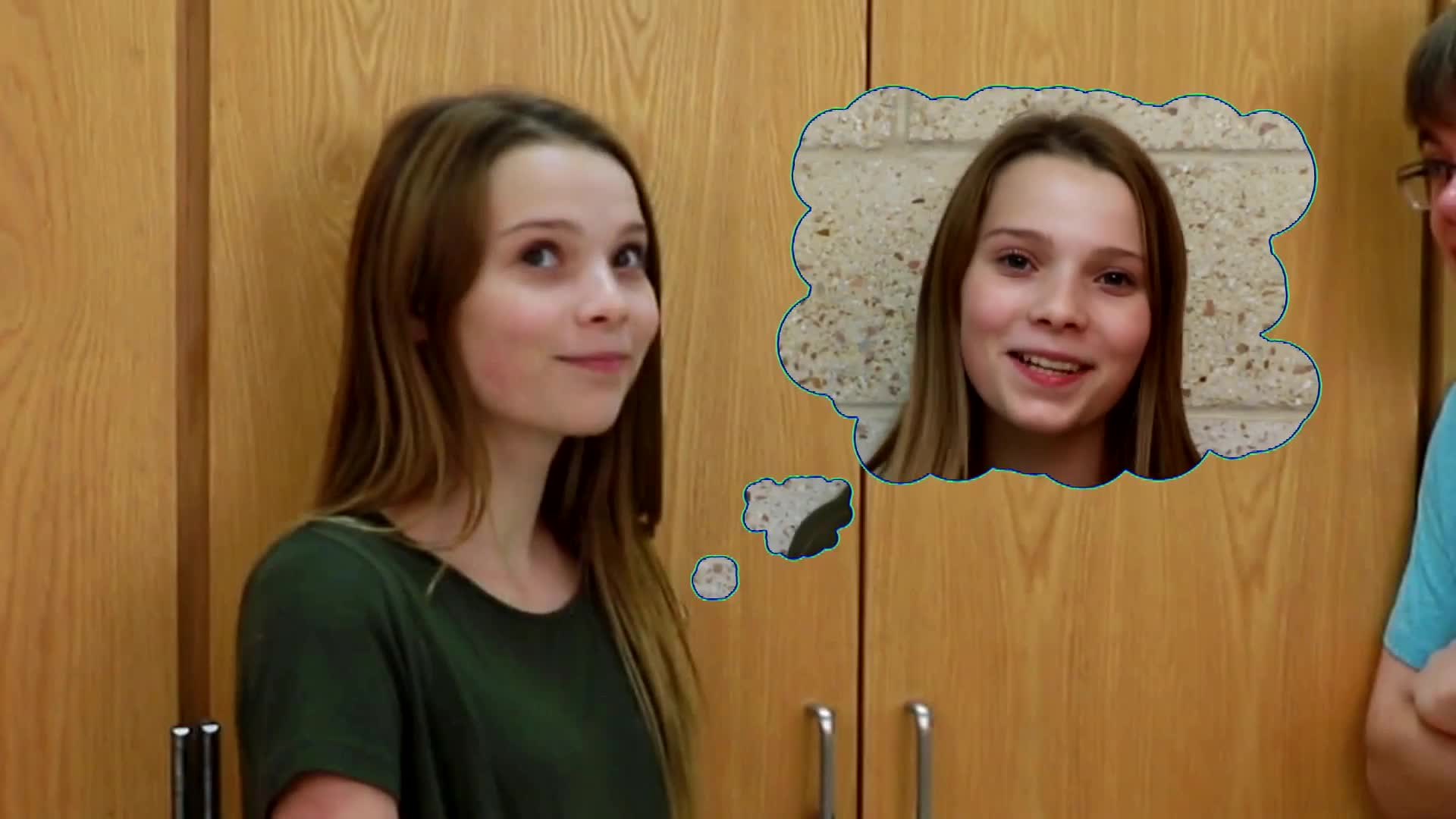Introduction
Compliments are an essential aspect of positive social interaction and communication. When someone gives us a compliment, it’s important to respond with a simple “thank you.” This acknowledgement not only shows gratitude but also helps create a positive environment. In this blog post, we’ll explore the importance of teaching high school students how to respond to compliments, an essential skill in Social-Emotional Learning (SEL).
No-Prep Activity
This no-prep activity will help students practice responding to compliments and understand the impact of their responses on others. It requires no additional materials or preparation from the educator.
- Divide the students into pairs.
- Ask each pair to take turns giving and receiving compliments. The person giving the compliment should think of something genuine and specific to compliment their partner on.
- The person receiving the compliment should practice responding with a “thank you” and, if appropriate, give a compliment back.
- After each exchange, encourage the students to discuss how they felt when giving and receiving compliments.
- Have the pairs switch roles and repeat the process.
By engaging in this activity, students will become more comfortable with both giving and receiving compliments, improving their social-emotional skills.
Discussion Questions
Use these discussion questions to stimulate further conversations about the importance of responding to compliments and to reinforce the principles of Social-Emotional Learning:
- Why is it important to acknowledge a compliment with a “thank you”?
- How do you feel when someone responds positively to a compliment you give them? How do you feel when they don’t?
- Can you think of a time when you received a compliment and didn’t know how to respond? How did that make you feel?
- What are some ways to practice responding to compliments in everyday life?
- How can responding to compliments positively impact our relationships with others?
Related Skills
Responding to compliments is just one of many important social-emotional skills high school students can benefit from. Here are some other relevant skills for students to develop:
- Active Listening: Paying attention and responding thoughtfully to others during conversations.
- Empathy: Understanding and sharing the feelings of others.
- Effective Communication: Expressing thoughts and feelings clearly and respectfully.
- Positive Self-Talk: Encouraging oneself with kind and supportive words.
- Conflict Resolution: Addressing disagreements and finding solutions that benefit all parties involved.
Next Steps
Now that you understand the importance of teaching high school students how to respond to compliments, it’s time to explore more Social-Emotional Learning skills. Sign up for free samples of various SEL materials and resources at Everyday Speech to help your students develop a well-rounded set of social-emotional skills.






